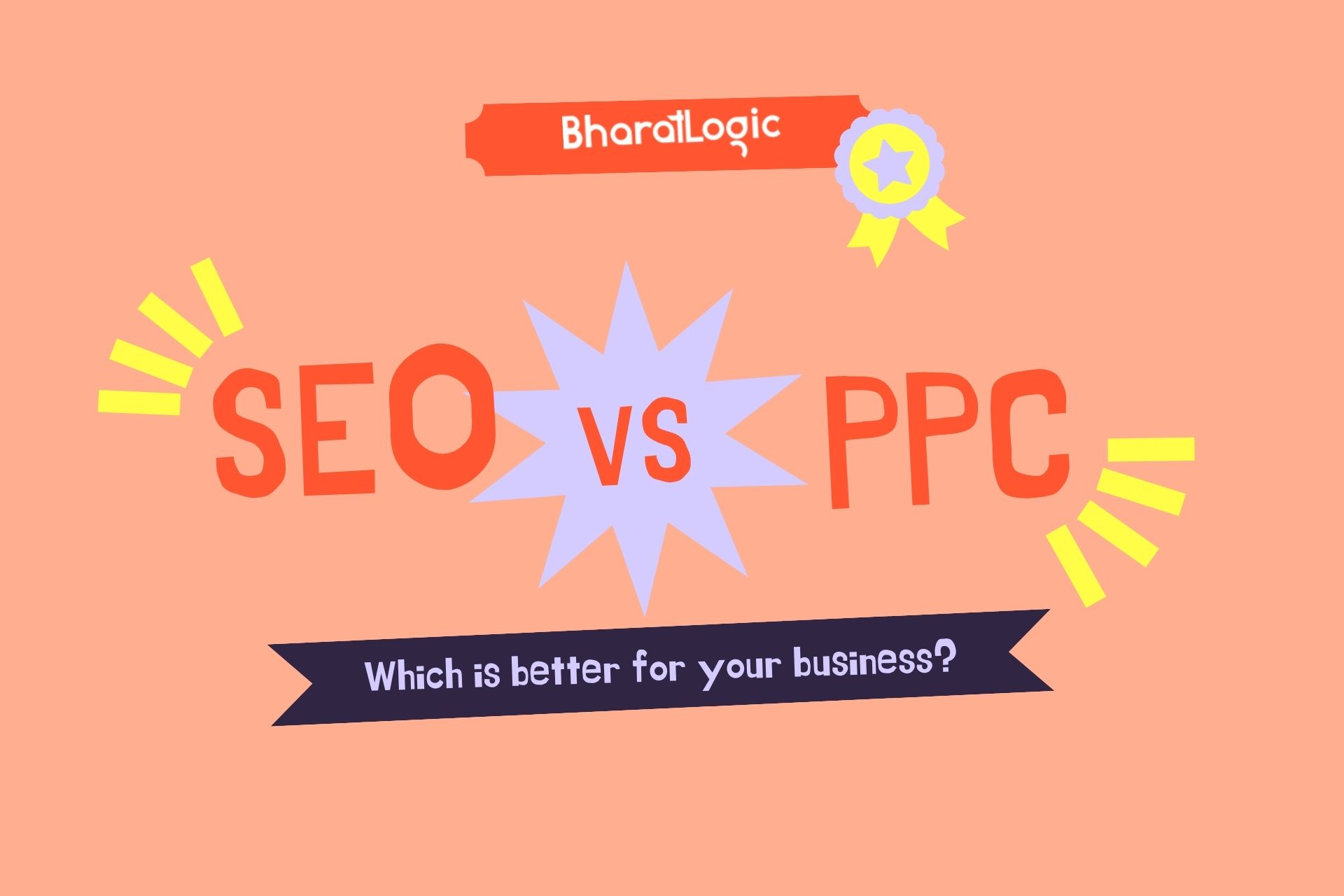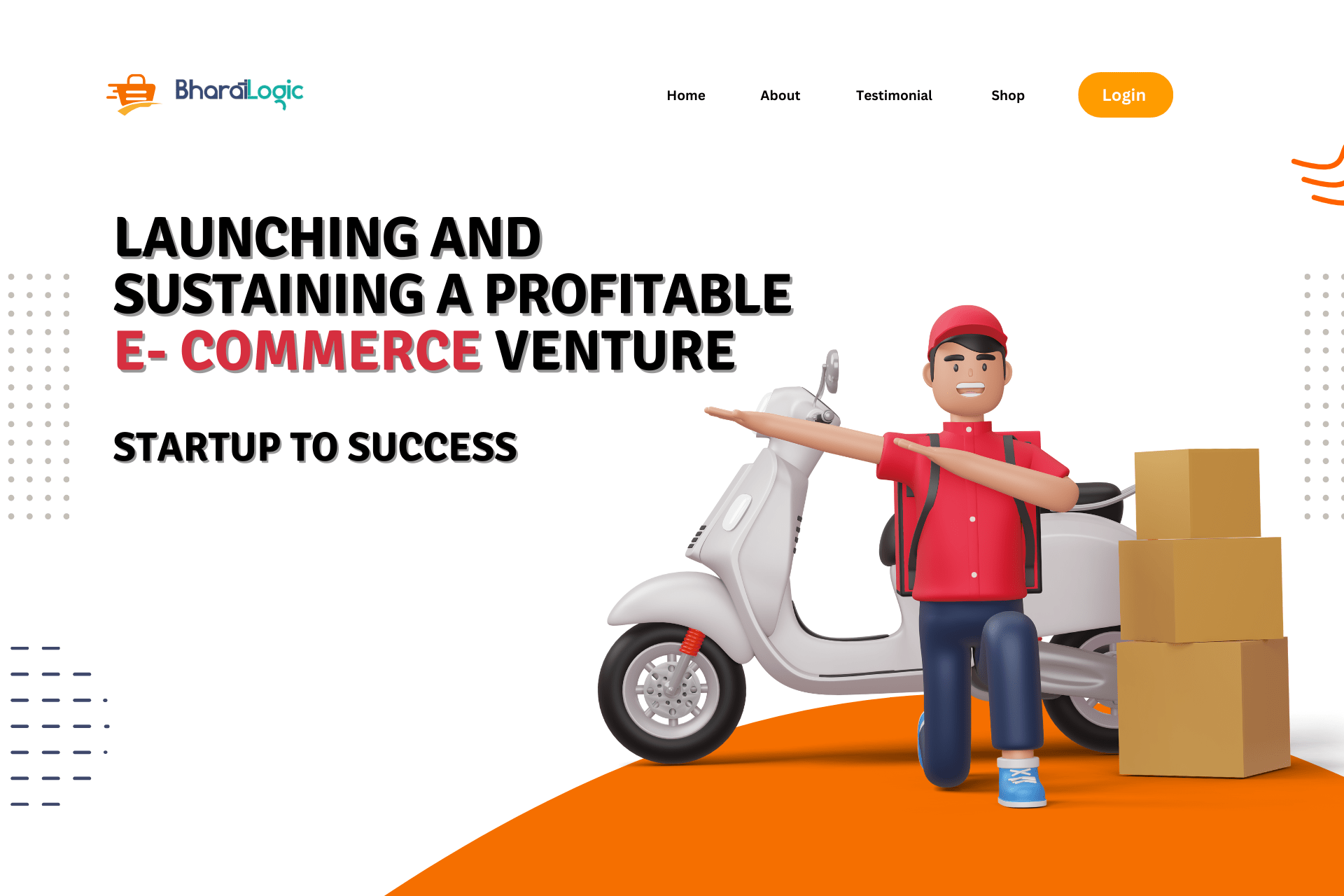Skyrocket Your Startup’s Growth with 5 Top SEO Strategies
In the fast-paced world of startups, achieving growth and visibility is the name of the game. While many avenues lead to success, one of the most potent tools in your arsenal is Search Engine Optimization (SEO). This article explores five top SEO strategies that can propel your startup to new heights of growth and success.
The SEO Landscape for Startups
In today’s digital era, online visibility is paramount. When potential customers search for products or services you offer, appearing at the top of search engine results can be a game-changer. SEO can help you achieve that coveted position.
Keyword Research: The Cornerstone of SEO
Keyword research is the foundation upon which successful SEO strategies are built. It involves identifying specific keywords and phrases that are not only relevant to your business niche but also align with the interests of your target audience. To do this effectively, consider using tools like Google Keyword Planner, SEMrush, or Ahrefs.
Furthermore, it’s essential to understand the search intent behind these keywords. Are users looking for information, products, or services? Tailoring your content to match user intent is a critical aspect of modern SEO.
High-Quality Content Creation
In today’s digital landscape, content reigns supreme. Crafting high-quality, informative, and engaging content is not merely a recommendation; it’s a necessity. Your content should not only attract visitors but also hold their attention and provide real value.
To achieve this, consider the following:
- Content Depth: Delve deep into topics relevant to your audience. Comprehensive, well-researched content tends to perform better in search results.
- Visual Elements: Incorporate images, infographics, and videos where applicable. Visual content enhances engagement and user experience.
- User-Friendly Formatting: Use headings, bullet points, and subheadings to make your content scannable and easy to read.
- Keyword Integration: Naturally incorporate relevant keywords into your content. Avoid keyword stuffing, as it can harm your SEO efforts.
- Originality: Ensure that your content is unique and not duplicated from other sources. Plagiarism can lead to SEO penalties.
On-Page Optimization
On-page optimization focuses on fine-tuning various elements of your website to improve its search engine performance. Here are some key aspects to consider:
- Title Tags: Craft descriptive and keyword-rich title tags for each page on your website.
- Meta Descriptions: Write compelling meta descriptions that encourage users to click on your search results.
- Header Tags: Use proper header tags (H1, H2, H3) to structure your content logically and make it more readable.
- Image Optimization: Optimize images by using descriptive file names and alt tags.
- Internal Linking: Link to other relevant pages within your website to improve navigation and SEO.
- Page Speed: Ensure that your website loads quickly, as page speed is a ranking factor.
Link Building: Quality Over Quantity
While link building is essential, quality always surpasses quantity. Building high-quality backlinks from authoritative and relevant websites is a strategic approach to SEO. Here’s how you can do it:
- Guest Posting: Contribute guest articles to reputable websites within your niche.
- Outreach: Reach out to industry influencers and request backlinks or collaborations.
- Content Promotion: Create exceptional content that naturally attracts backlinks.
- Broken Link Building: Identify broken links on other websites and offer your content as a replacement.
- Social Media: Share your content on social platforms to increase its visibility and potential for backlinks.
Mobile Optimization
The mobile-friendliness of your website is non-negotiable. With the increasing use of smartphones, Google prioritizes mobile-optimized sites in its rankings. Here’s how you can optimize for mobile:
- Responsive Design: Ensure your website design adapts seamlessly to various screen sizes and devices.
- Mobile-First Indexing: Understand that Google primarily uses the mobile version of your site for ranking and indexing.
- Page Speed: Optimize your mobile pages for quick loading to enhance the user experience.
- Testing: Regularly test your website’s mobile performance and make improvements as needed.
Explore Our Digital Marketing Services
At BharatLogic, we offer a wide range of digital marketing services to supercharge your online presence. Whether you’re a startup or an established business, our expert team can help you achieve your digital goals. Visit our Digital Marketing Services page to learn more about how we can elevate your brand in the digital landscape.
Conclusion
In conclusion, SEO is a dynamic and powerful tool for startups looking to achieve rapid growth and visibility. By implementing these five top SEO strategies—keyword research, high-quality content creation, on-page optimization, link building, and mobile optimization—you can chart a course for your startup’s success.
Remember, SEO is an ongoing journey. Continuously monitor your progress, adapt to algorithm changes, and stay committed to providing value to your audience through exceptional content. With SEO as your ally, your startup can rise above the competition and claim its rightful place in the digital landscape.
Frequently Asked Questions:
Q1: Why is keyword research crucial for startups in SEO?
A1: Keyword research is vital for startups as it helps them identify the most relevant search terms and phrases. This, in turn, improves their online visibility, making it easier to attract potential customers.
Q2: What’s the typical timeframe for seeing SEO results for startups?
A2: Startups can expect to witness initial improvements within a few months. However, achieving significant and sustainable growth through SEO may take approximately 6 to 12 months or more.
Q3: How does high-quality content contribute to SEO success for startups?
A3: High-quality content plays a pivotal role in SEO success. It not only attracts website visitors but also keeps them engaged, contributing to longer visits. Search engines like Google reward websites with valuable content by ranking them higher, ultimately enhancing the startup’s online authority.
Q4: Is link building still relevant for startup SEO efforts?
A4: Yes, link building remains relevant for startup SEO. It’s essential to focus on building high-quality backlinks from authoritative sources rather than simply accumulating a large quantity of links. Quality backlinks signal trust and authority to search engines, positively impacting a startup’s website rankings.
Q5: Why should startups prioritize mobile optimization for their websites?
A5: Mobile optimization is crucial for startups due to the increasing use of smartphones and tablets. Google’s mobile-first indexing prioritizes mobile-optimized sites. Neglecting mobile optimization can lead to a poor user experience and lower search rankings, which can hinder a startup’s online growth potential.




